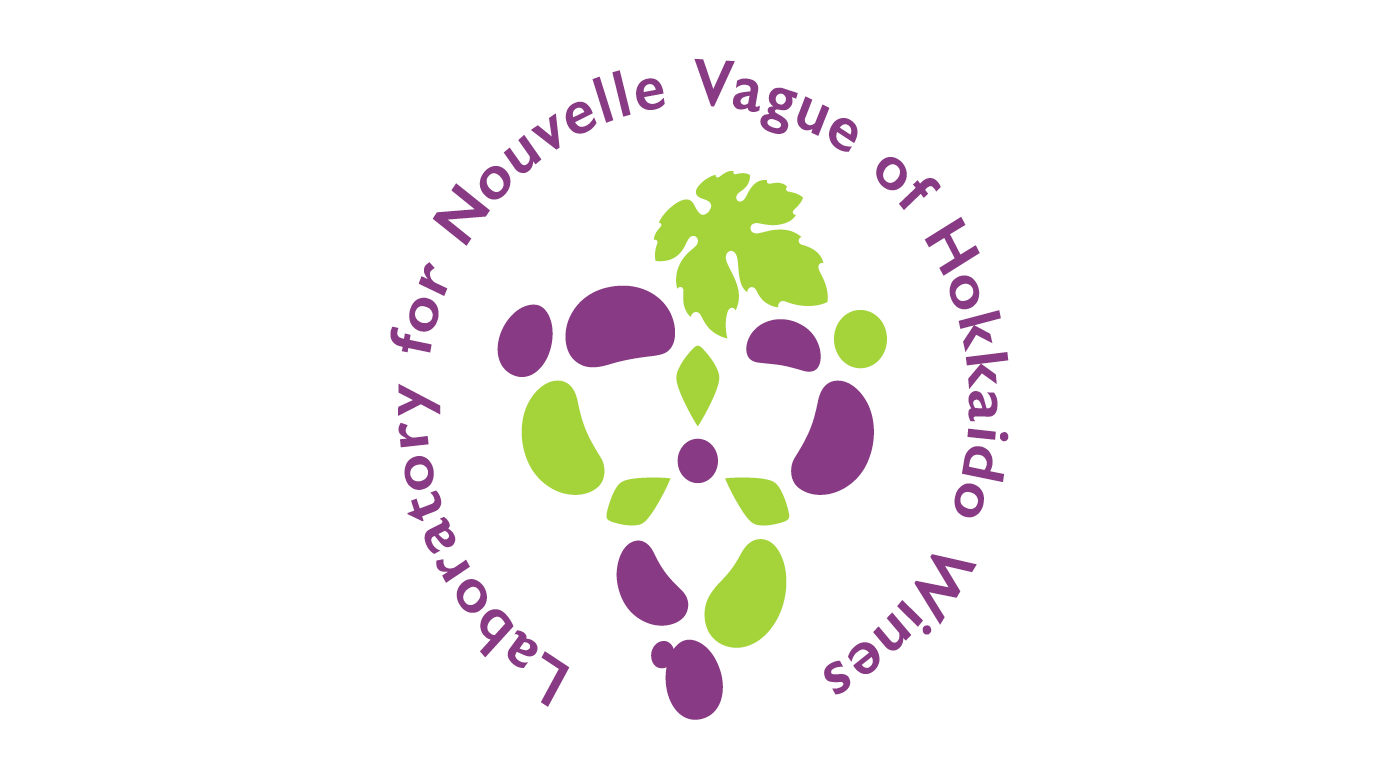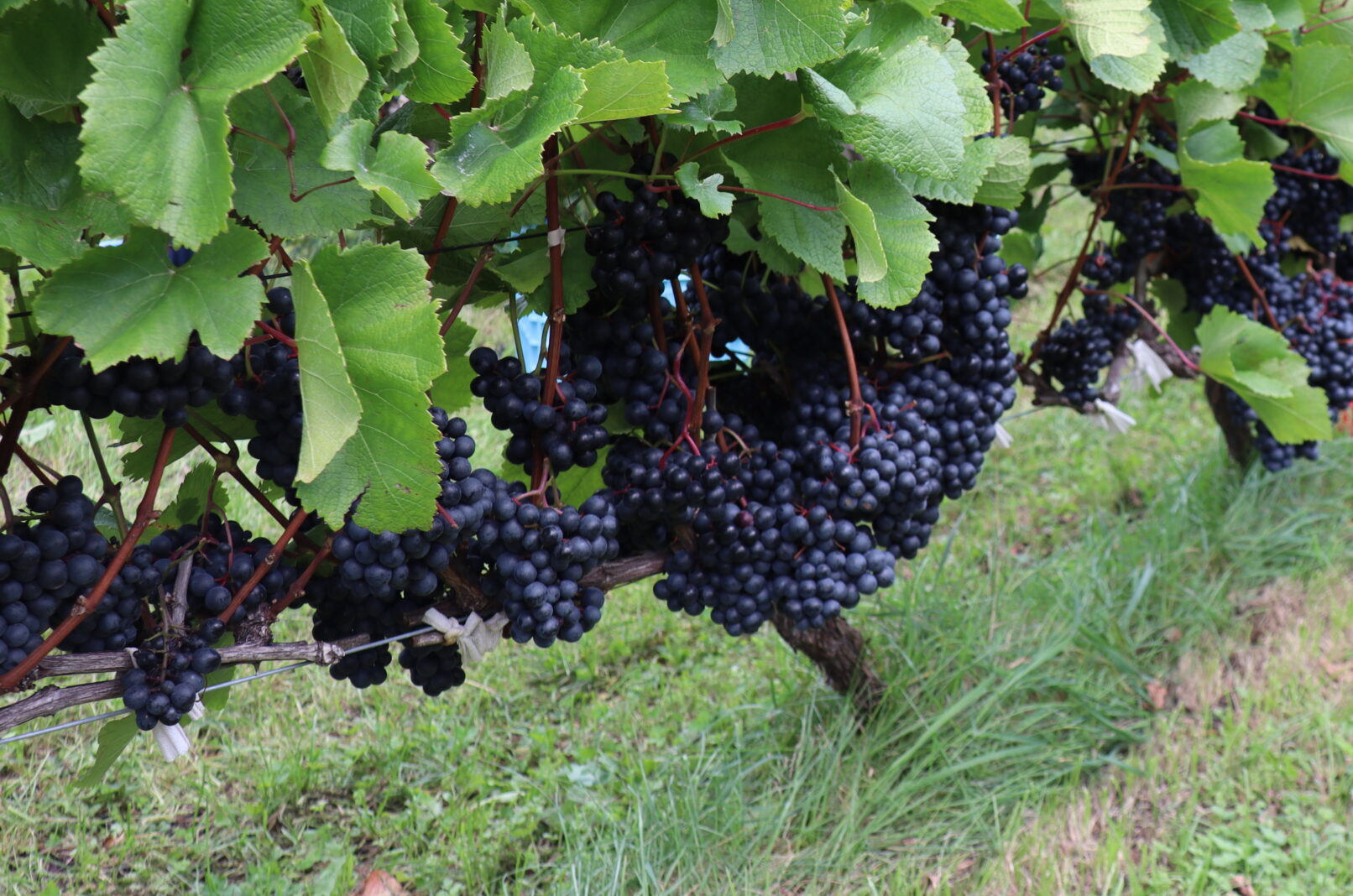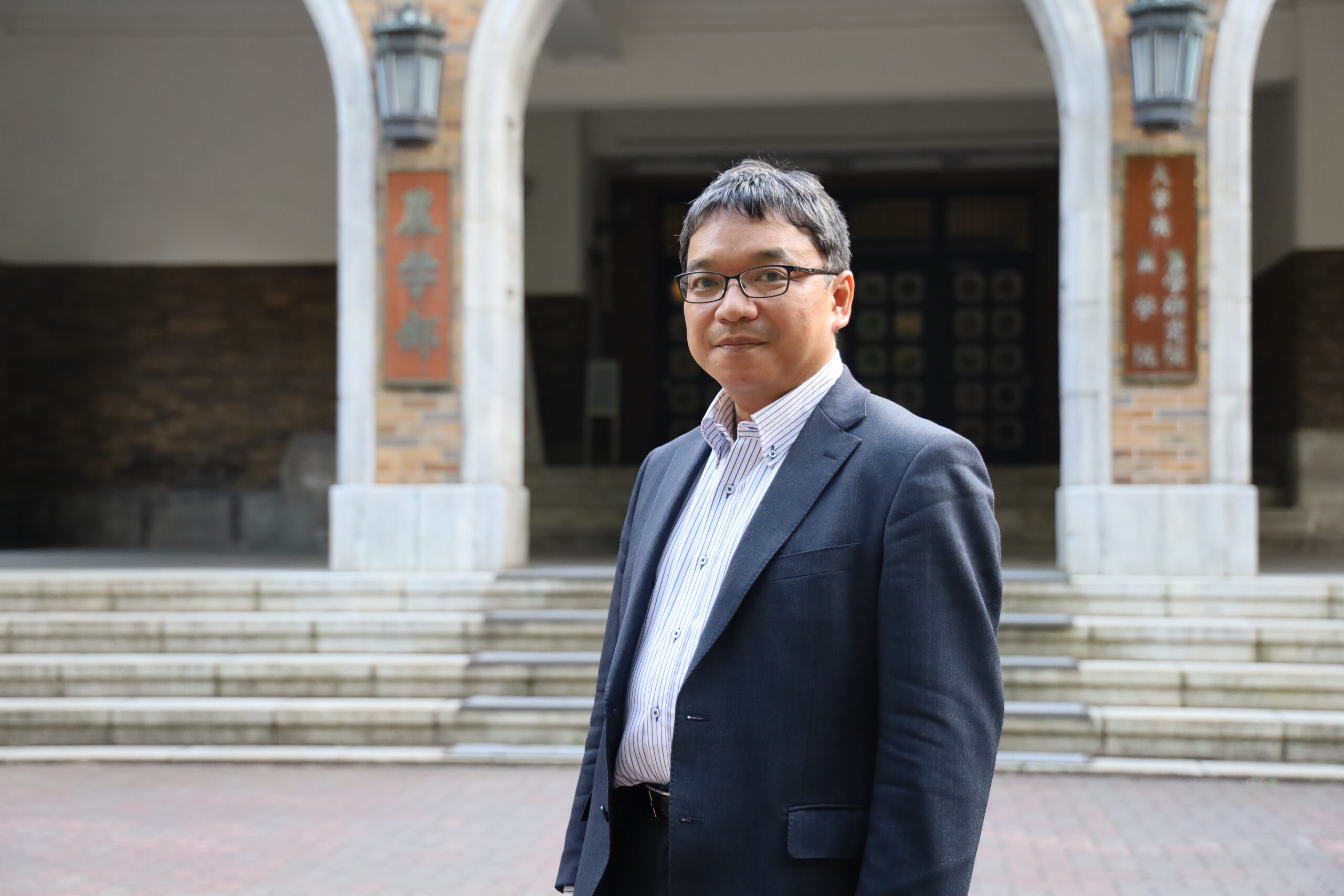Laboratory for Nouvelle Vague of Hokkaido Wines took the lead in Japan's academia-industry-government collaboration in viticulture and oenology as it is the first of its type in the country. In the light of the transformation of local and natural produce of Hokkaido, this initiative prepares for sustainable wine-production and promotion.
Formally established in April 2021, the Laboratory for Nouvelle Vague of Hokkaido Wine is an integrated research group in the Research Faculty of Agriculture of Hokkaido University. Professor Teruo Sone of Laboratory of Applied Microbiology, the supervisor of the newly created laboratory, is joined by visiting researchers who share the same interest of advancing Hokkaido wine quality. As the laboratory's name, "Nouvelle Vague" (new wave in French), suggests, the laboratory was founded in view of the changing landscape of Hokkaido wine production.
"Hokkaido-produced wine is becoming Japan's wine trademark," said Sone. "The enthusiasm for Hokkaido local productions is overwhelming, especially in wineries which have been gaining more recognition. The Yamasachi red grape variety developed in Ikeda Town is even certified by OIV (International Organization of Vine and Wine). Therefore, as researchers we would like to offer our insights that could further support this industry from scientific perspectives."
In the past, Sone worked on the research on rice blast fungus. His first taste of wine-related research occurred after joining Laboratory of Applied Microbiology in 2016 as the head professor. Inspired by the academic and research activities in wine by overseas universities to support local wine productions, Sone wished that he could apply similar practices in Hokkaido.
Microbes play a significant role in winery, Sone realized. He explained that microbial components across vineyards are unique and will yield diverse wine tastes, even if the same type of grape is being used. Hence, the laboratory offers their support to the local wineries across Hokkaido by analyzing the microbial characteristics of the soil, fruit, and brews, before giving feedback based on the analysis to the field.

The logo of the laboratory represents three components of the laboratory: a grape; a trillium flower, one of Hokkaido University's emblem; and yeast cells which plays significant role in winery process.
In education practices, the laboratory organizes and conducts certified courses targeting graduate-level university students and winery practitioners. In cooperation with the prefectural government, other schools, universities, and various enterprises - national and international - this series of endowed courses and other gastronomic education-related events are held to improve the quality of human resources in the wine industry.
Sone expressed his long-term vision through these endeavors: turning Hokkaido into a bona fide wine-producing region, in which Hokkaido University serves as the hub of wine-related knowledge in Japan by integrating all associated disciplines as possible.
"The development that we are attempting goes beyond grape cultivation and brewing. Discussions on a sustainable terroir are not limited to sustainable soil, plantations, etc.; it extends to the creation of a sustainable living of the locals and other people involved," stated Sone.

The first endowed course, held in October 2021, on wine basics and Hokkaido's present condition (left). Students attending field activity in a local winery as volunteers (right). (Photos by Teruo Sone)
Still in its infantile stage, the Laboratory for Nouvelle Vague of Hokkaido Wines is already preparing more activities to engage in a comprehensive wine research and education. Endowed courses have been carried out weekly since October 2021, a symposium has been greenlit to take place in near future, and a plan to establish a regional-scale wine education and research center is already underway.








